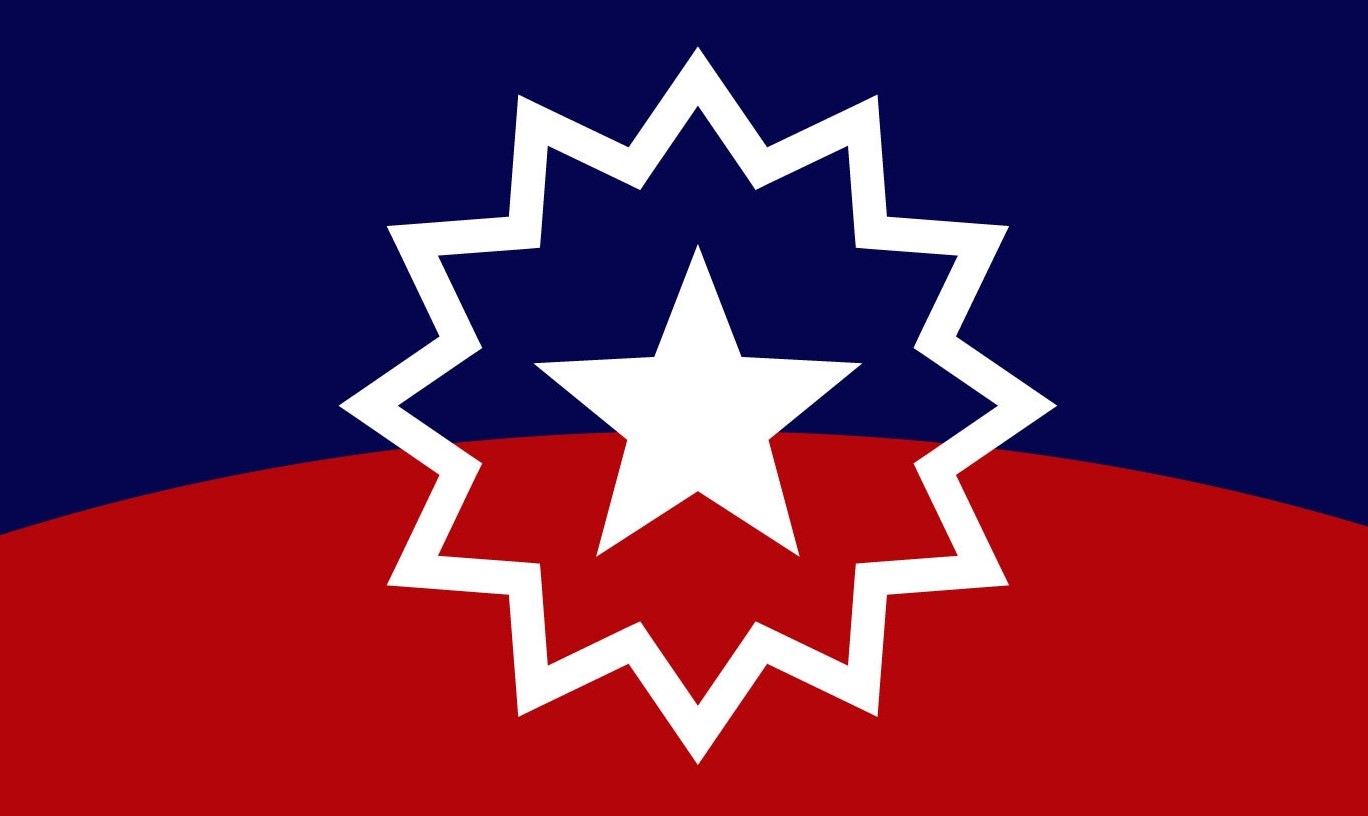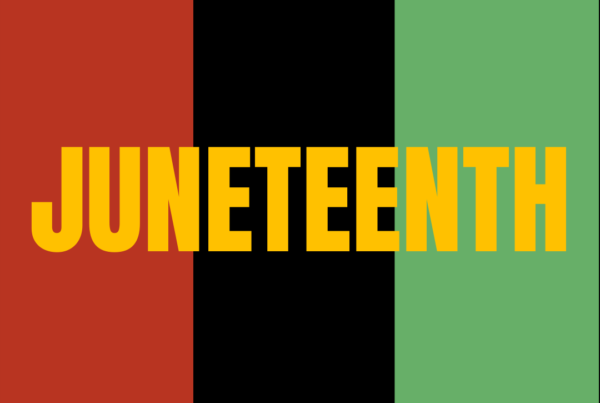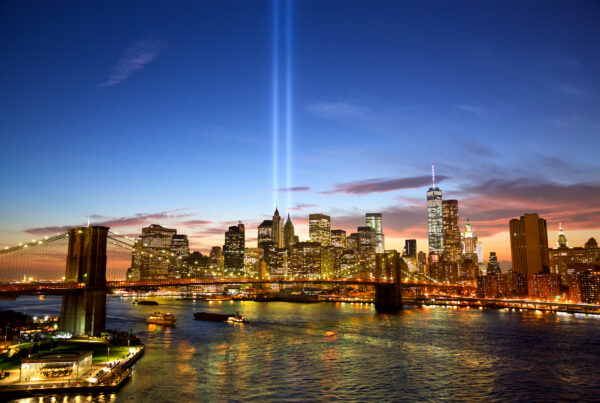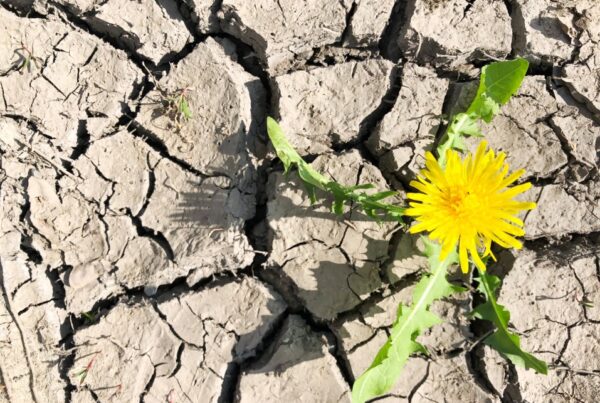I learned about the history of Juneteenth more than twenty years ago, when it was first recognized in Minnesota, and was respectful of the idea that it was an important day for some of us. I honestly was not sure how to think about my own relationship with it: was my ‘celebrating it’ appropriate? Or did that just illuminate my ignorance of the historical reality that declaration of the end of the Civil War was yet another painful example of systemic racism? Nothing to “celebrate” for a white Northerner, perhaps, was my thinking.
I am very happy to report that Friday, June 18 is one of the official holidays of our firm this year, because Juneteenth falls on Saturday. Like Martin Luther King Day in January, making this date an honored day in our institutional calendar feels very right. It is a way to advocate that we all have a shared history…and a shared fate. It is also true that for way too long my ancestors didn’t experience the same American life that enslaved and newly emancipated Americans experienced. Fact is, I had ancestors on both sides of the Civil War: immigrants who settled in Pennsylvania and the Midwest fought for the North; others in Virginia were part of the Confederacy (full disclosure: I am a ‘shirt-tail relation’ of Robert E. Lee).
In addition to the importance of Juneteenth itself, anticipating it has me thinking about the evolving tradition of celebrating our history. Given the emerging acceptance of the reality that various groups of Americans had very different experiences as Americans, how do we find ways to understand and ‘celebrate’ our collective history?
I used to love the February rhythm of first celebrating Abraham Lincoln’s birthday (February 12) and then George Washington’s (February 22) – in large part because my birthday was in between, so I almost always a got a long weekend as a gift. But it was also a chance to reflect on their contributions to our common milestones as a nation. Now it is a single holiday – Presidents Day – primarily celebrated as a shopping extravaganza. Unrelated to their extraordinary contributions to our history, we now lift them up by celebrating consumerism.
Other mainstays of the calendar from my childhood have likewise been evolving away from recognition of history, sometimes because they raise politically-charged issues (Columbus Day, because it celebrated what is now understood as the beginning of the dispossession of land from Native North Americans, has become Indigenous People’s Day, but it is no longer a national holiday) or because they recognize achievements no longer universally viewed as positive (Labor Day, which celebrates the organizing of workers into unions, is now celebrated by most as summer’s end – and more shopping). We are, almost unconsciously, dismantling important stories from our history without considering the consequences of losing those stories.
Making Juneteenth a major holiday is a step in the right direction, it seems to me: lifting up the stories that some of us lived through as a way to bring the rest of us along and gain a more comprehensive understanding of our collective history. I will be using the day mostly to learn more about those years just after the Civil War and how they were experienced by Black Americans. And when Indigenous People’s Day comes around in October, I will spend it learning more about the disturbing history of broken treaties between our national government and the Native Nations across the country.
Celebrating may not be the right word to use in association with these dates, at least not for everyone, at least not yet. Recognizing them as shared parts of history is likely more accurate, with hopes that as we all learn more, we can come together in celebration in the future. Even as we continue to strive for that ‘more perfect union,’ we must find moments to celebrate together the progress that has been made so far.
Happy Juneteenth, America!!!






